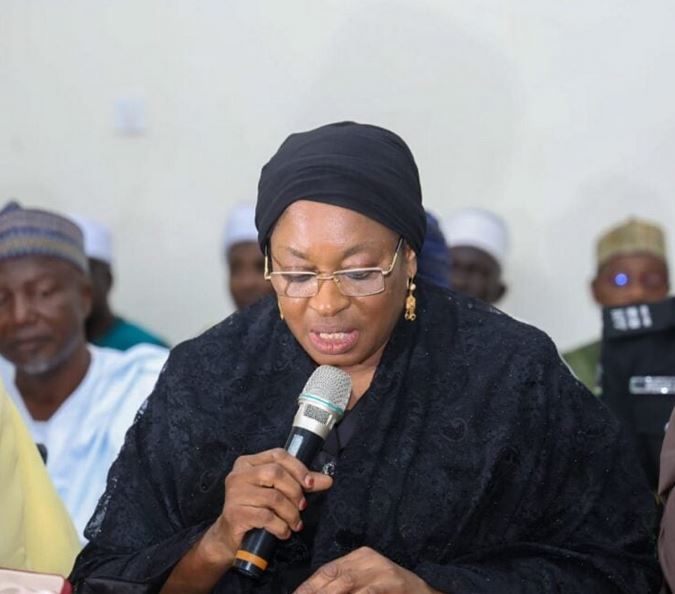Justice Rabi Talatu Umar, the Chief Judge of Bauchi State, has expressed concerns over the rising number of witchcraft-related cases, describing them as a persistent challenge in legal jurisprudence.
She made this known while reviewing cases of awaiting trial inmates at Jama’are Maximum Correctional Centre during a two-day quarterly visit by the Administration of Justice Committee, which she chairs.
Justice Rabi stated, “If you are not a witch, you cannot identify one. It is an issue that is difficult to prove unless the accused confesses.” The Administration of Justice Committee includes key legal and security officials such as the State Controller of Custodial Centres, the State Grand Khadi, the Commissioner of Police, the Director of Public Prosecution, and the Chairman of the Nigerian Bar Association in Bauchi.
During the visit, the Chief Judge cautioned judges and magistrates against imposing excessive compensation on convicts, especially in cases where fines are an option, noting that high compensation fees often prolong convicts’ stay in correctional facilities.
“Moving forward, any judge who imposes unreasonable compensation on a convict will be required to pay or settle it themselves,” she warned.
She criticised the imposition of hefty compensation amounts such as N100,000, N200,000, or even N300,000, arguing that such practices could encourage criminal behaviour. She urged judges to ensure that compensation remains fair while maintaining a balance between justice and mercy.
“I am troubled by the trend of excessive compensation imposed by judges. Where do you expect a convict to get such large sums? If they cannot pay, they may resort to crime again upon release just to meet the court’s demands,” she explained.
She emphasised the need for reasonability in determining compensation, adding that it is nearly impossible for victims to fully recover stolen or lost property.
“When sentencing a convict, consider the punishment they have already served. If they have been imprisoned for two or three years, requiring them to repay the full value of stolen items could be unfair. The other party may have to forfeit something as well,” she added.
During the review exercise, she ordered the release of 18 inmates awaiting trial—seven from Jama’are Maximum Correctional Centre, seven from Bauchi Custodial Centre, three from Ningi Correctional Centre, and one from Misau Correctional Centre.
Addressing those released, she remarked, “You have been in custody for too long without being charged or taken to court. Even if convicted, your sentence would not have exceeded the time already spent here. That is why this committee has decided to release you unconditionally.”
She urged them to learn from their experience, reintegrate into society as responsible individuals, and acquire skills for self-reliance.



























